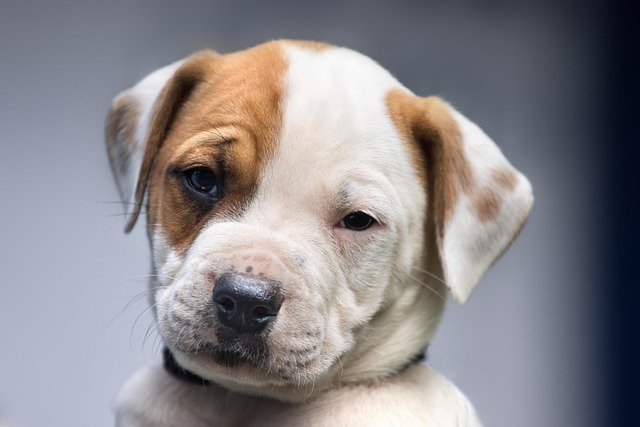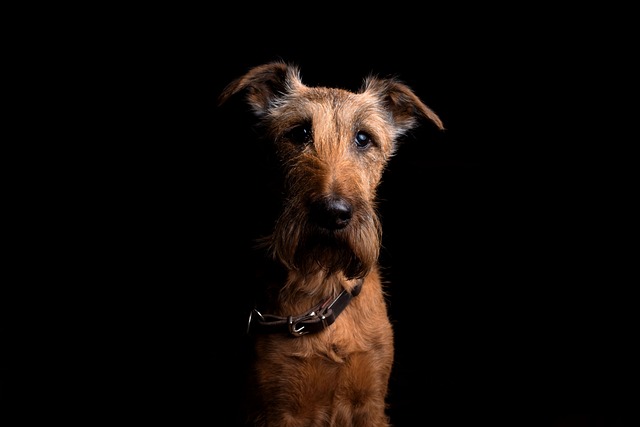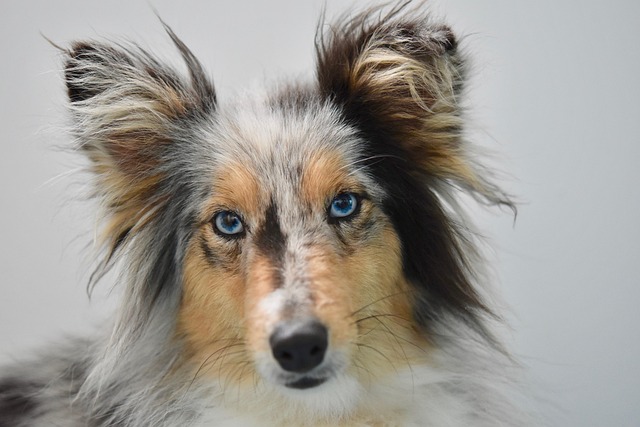Distemper, a disease that makes countless pet owners turn pale with fear, hangs over the health of dogs like a dark cloud. When a dog unfortunately contracts distemper, every aspect of its life is severely affected, and the changes in its eating situation also constantly tug at the heartstrings of the owner. Many owners have a question in their minds: Will a dog with distemper eat?
Distemper is a highly contagious and fatal infectious disease caused by the canine distemper virus. The virus runs rampant in the dog's body, attacking multiple important systems, including the respiratory system, digestive system, nervous system, etc.and the disorder of these systems inevitably has an impact on the dog's eating behavior. In the early stage of distemper, the dog may not show obvious loss of appetite. At this time, the virus is quietly multiplying in the body. Although the immune system has detected the invasion, it can still barely maintain the basic operation of the body. The dog may still show interest in food as usual, and the amount of food intake may not change significantly. At this time, a careless owner may ignore the abnormalities that have already occurred in the dog's body and miss the best treatment opportunity.
As the disease progresses, the symptoms of distemper gradually appear, and the dog's appetite also begins to be affected. The invasion of the virus into the digestive system causes the dog's gastrointestinal function to be disordered. They may experience symptoms such as vomiting and diarrhea, and these discomforts make the dog shy away from food. Even the most favorite delicacies that they used to like can hardly arouse their interest now. Every attempt to eat may cause discomfort in the stomach and intestines, forcing the dog to give up. Although we cannot truly feel this physical pain, we can deeply understand their suffering from the dog's increasingly emaciated body and listless spirit.
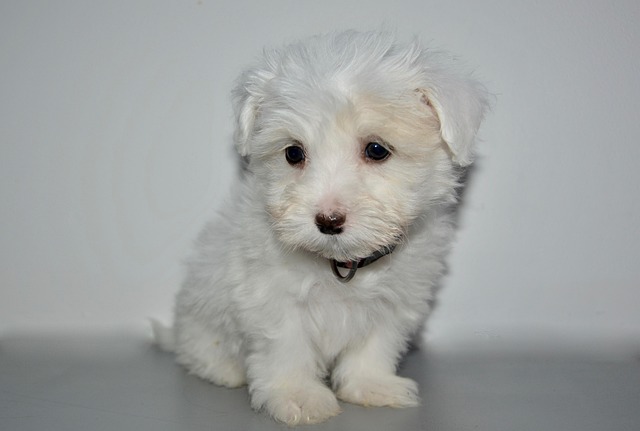 The respiratory symptoms caused by distemper also indirectly affect the dog's eating. Symptoms such as coughing, sneezing, and difficulty breathing make it more difficult for the dog to eat. Just imagine, when we have a cold and a blocked nose ourselves, eating will seem tasteless, not to mention a dog tortured by the virus. During the eating process, they may be interrupted due to poor breathing. After several attempts, they will develop a resistance to eating. This physical obstacle makes the dog intake less and less nutrition, and the body becomes weaker and weaker.
The respiratory symptoms caused by distemper also indirectly affect the dog's eating. Symptoms such as coughing, sneezing, and difficulty breathing make it more difficult for the dog to eat. Just imagine, when we have a cold and a blocked nose ourselves, eating will seem tasteless, not to mention a dog tortured by the virus. During the eating process, they may be interrupted due to poor breathing. After several attempts, they will develop a resistance to eating. This physical obstacle makes the dog intake less and less nutrition, and the body becomes weaker and weaker.
Once the symptoms of the nervous system appear, the situation becomes even more severe. The dog may experience symptoms such as convulsions and ataxia, and the body's balance and coordination ability are greatly affected. In this situation, eating has almost become an impossible task for them. They have difficulty even standing and walking, so how can they eat steadily? At this time, the dog's eyes are full of helplessness and pain, while the owner is full of anxiety but helpless. The feeling of heartache is like being stabbed with a knife.
However, even in the face of such a difficult situation, some dogs are still trying to eat. Maybe they are driven by a strong will to survive, or maybe they feel the full love and expectation from their owners. These dogs, even if they are extremely uncomfortable physically, will reluctantly take a few bites of food with the encouragement of their owners. Every mouthful of food they swallow is a brave manifestation of their fight against the disease, allowing us to see the tenacity and unyielding spirit of life. For these strong dogs, the owner should give them meticulous care. Choose nutritious and easily digestible foods, such as special pet canned food, nutritional paste, etc. If necessary, carefully feed the dog with a syringe. But be sure to pay attention during the operation to avoid the food entering the trachea and causing more serious problems.
In this difficult battle between the dog and distemper, eating is not only a basic need to maintain life but also one of the key factors in whether they can overcome the disease. Sufficient nutrient intake can provide the dog's body with the energy needed to fight against the virus, enhance immunity, and increase the chance of recovery. Therefore, the owner should always pay attention to the dog's eating situation and try every means to encourage them to eat. Even if the dog only eats a little, give gentle encouragement and comfort. Every successful meal is a small step towards recovery.
Distemper brings great pain to dogs, and their eating situation becomes complex and changeable accordingly. But as long as the owner doesn't give up and gives the dog enough love, patience, and correct care, it is possible to help the dog overcome the disease and regain health and vitality. Let's cheer for those dogs fighting against distemper together, and look forward to their early recovery and their happy return to our side.
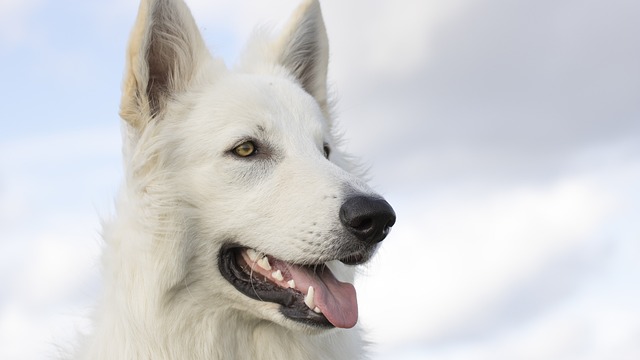
 The respiratory symptoms caused by distemper also indirectly affect the dog's eating. Symptoms such as coughing, sneezing, and difficulty breathing make it more difficult for the dog to eat. Just imagine, when we have a cold and a blocked nose ourselves, eating will seem tasteless, not to mention a dog tortured by the virus. During the eating process, they may be interrupted due to poor breathing. After several attempts, they will develop a resistance to eating. This physical obstacle makes the dog intake less and less nutrition, and the body becomes weaker and weaker.
The respiratory symptoms caused by distemper also indirectly affect the dog's eating. Symptoms such as coughing, sneezing, and difficulty breathing make it more difficult for the dog to eat. Just imagine, when we have a cold and a blocked nose ourselves, eating will seem tasteless, not to mention a dog tortured by the virus. During the eating process, they may be interrupted due to poor breathing. After several attempts, they will develop a resistance to eating. This physical obstacle makes the dog intake less and less nutrition, and the body becomes weaker and weaker.
